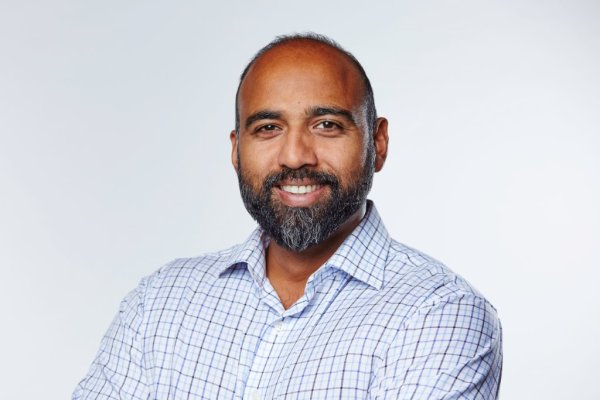Rishi Garg has joined the early-stage venture firm Mayfield as a general partner.
The move seems a natural one, given Garg’s career arc to date. While readers might recall that Garg’s last full-time gig was Twitter’s VP of corp dev, a role he left in July 2015, he spent the previous two years leading M&A at the payments company Square and before that, logged time at General Catalyst Partners as an entrepreneur-in-residence; at MTV Networks in biz dev; and as an associate with the venture firm Highland Capital Partners, where he focused on software and digital media.
Garg — whose highest profile deal for Twitter may have been leading its acquisition of the live video startup Periscope for reportedly just less than $100 million — is now one of six investing partners at Mayfield.
He’ll be working most closely with Tim Chang, a managing director who joined Mayfield roughly five years ago from Norwest Venture Partners and has since led the firm into investments in the drone company 3D Robotics, the online cognitive behavioral therapy company Lantern, and the group commerce startup Massdrop, among others.
The move to Mayfield “felt right thing given experience I’d accumulated,” Garg told us when we talked late last week. “I was looking for small, focused partnership, one with momentum in terms of its success and returns . . . Also from 1995, when I arrived at Stanford, Mayfield was one of the first names [in venture capital] I’d heard of. I feel really lucky to join forces with [the firm].”
For Mayfield’s part, Garg’s hiring seems to seem to signal that the firm is preparing to make a bigger push into the consumer arena. Indeed, Mayfield managing director Naveen Chaddha says that “over the last three years, roughly two-thirds [of our capital invested] went to enterprise, including [business-to-business], ad-related startups and digital media, but with Tim and Rishi joining forces,” expect that change, he suggested.
Asked what Chang finds particularly interesting right now, he ticks off a long list of things, from “identifying the attitudes of consumers,” to “millennials coming into big spending power” to “work, live and travel consumption, wellness, and on-demand marketplaces — we’re doubling down on these,” said Chang.
In fact, Mayfield led the Series A round for the ride-hailing service Lyft and unlike some of the company’s other early investors, has not yet sold any of its shares, according to Chaddha.
Chang said newer areas of interesting include fin tech, artificial reality and virtual reality, acknowledging that revenue is further away than current valuations would suggest for VR in particular, but noting, too, that PlayStation VR, an upcoming virtual reality head-mounted display, is shipping this month and could speed things along considerably.
“The install base will take longer to ramp up [than people first anticipated]” when it comes to VR, says Chang. “But once it kicks in, adoption will be more than people expected.”
Mayfield is currently investing $525 million across two new funds that it closed in April: a $400 million early-stage fund and a $125 million fund that will be used to support those of its portfolio companies that gain traction and need later-stage funding.
Mayfield has raised 14 early-stage funds altogether. It closed its previous fund with $365 million in 2012 and used that capital to fund roughly 30 companies. Its late stage fund is its first.
Among the firm’s more notable investments in recent years are the cloud security startup Elastica, acquired by Blue Coat Systems last November for $280 million (Elastica had raised one round of $30 million earlier in the year); the residential solar systems installer SolarCity, which went public in late 2012; the online ad server The Rubicon Project, which went public in 2014; and Lyft, which was most recently valued at $5.5 billion.
